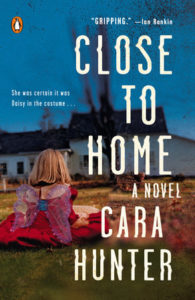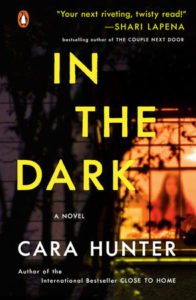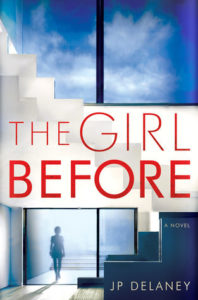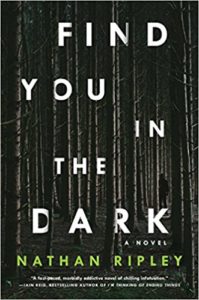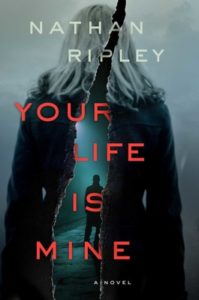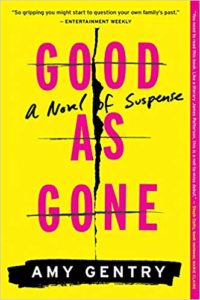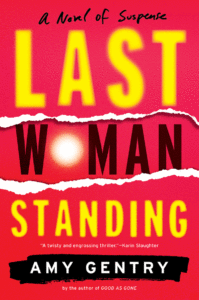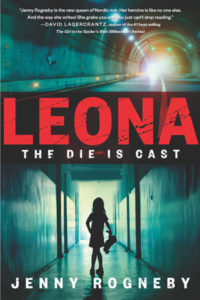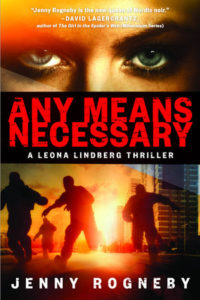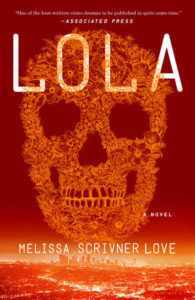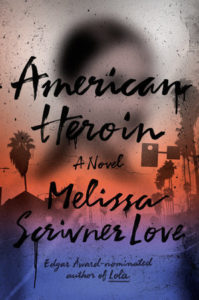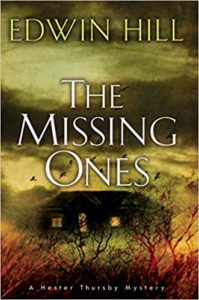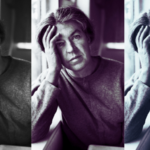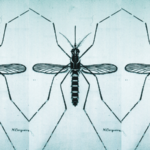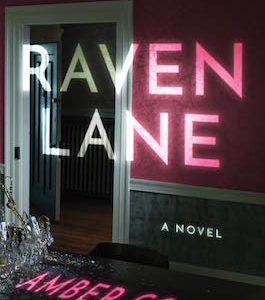From the reception the last time I did a list of second novels, a lot of you either agree with me or are coming around to the idea that the second novel is the real arbiter of talent and longevity. So we are doing it again: these are all writers with two books under their belts who I feel deserve attention for their achievements and their potential. It’s exciting to see the beginning of a career take shape, to watch writers wrestle with the themes that will likely preoccupy them for their next few books. Here are some more two book writers to check out and possibly follow further down the line of their careers.
Cara Hunter, Close to Home and In the Dark
Hunter’s DA Adam Fawley series is one of the most promising procedurals around. In Fawley, Hunter has created one of the good guys, and a man who has suffered a terrible loss. His toughness and his sensitivity help him see things from the victim’s point-of-view. Both books involve people who disappeared—under very different circumstances—but dealing with missing people seems apt as Fawley’s occupation. He’s a man whose never there, even when he’s with you.
Chris Holm, The Killing Kind and Red Right Hand
Holm came from the world of science fiction to punch way above his weight in his first crime novel, The Killing Kind. Michael Hendricks is a hit man who will kill other hit men but no one else: he’s got a code. But once the FBI is poking around in Hendrick’s business he knows his code will be tested. Red Right Hand was a more complicated book, which saw Hendricks trying to protect a witness under the purview of his FBI crush. Kind, published in 2016, and Red, published the following year, are the last two books Holm wrote. On his blog he announced a new short story would be published in Ellery Queen Magazine inspired by his writer’s block. But I am hopeful for Hendricks number three.
JP Delaney, The Girl Before and Believe Me
Delaney is your go-to on this list for psychological suspense. The Girl Before is a Rosemary’s Baby-Gone-Condo book where young people are given swank apartments in exchange for their privacy and more. Believe Me is the more sophisticated book: it’s about a honey trap, Claire Wright, who works for a firm of divorce lawyers. When one of her the police try to convince her to elicit a confession from one of her marks, Claire gets caught up in the ensuing drama.
Nathan Ripley, Find You in the Dark and Your Life Is Mine
Ripley (whose real name is Naben Ruthnum, which he writes non-crime fiction under) has written two very taut and compelling old-school thrillers—no missing girls or crimes solved on the internet. Find You is about a man who stumbles upon the crime scenes of a serial killer and tries to lead the police to them without putting himself under suspicion. Your Life is about Blanche Varner, the daughter of a mass murderer slash cult leader whom she always believed was fundamentally a good man who wanted to change the world for the better. But when her mother starts a killing spree, Blanche questions how she was raised. And there might be a few new disciples of her father’s who are coming after her.
Amy Gentry, Good as Gone and Last Woman Standing
Gentry’s unapologetically feminist thrillers are not the best written books, or the most profound. But they feel very specific, very contemporary. Her first book, Good as Gone, was essentially a Return of Martin Guerre story, in which a family has to decide if the woman who has volunteered herself as their daughter, their sister, is for real. Gentry gave her story a few good twists, but I felt like her worldbuilding didn’t work in Good. So I was pleased with the setting of Last Woman Standing in the world of low-stakes stand-up comedy. This is absolute genius on Gentry’s part, because no matter what she had in mind for a villain, no matter how twisted, or narcissistic, or sleazy, there’s a guy a sliver worse in stand-up. Gentry also captures the diffuse misogyny of the stand-up world, the sense that women can never be as good as men at standing up and talking about themselves, sometimes quite intimately, in front of groups of strangers.
Jenny Robnegy, Leona: The Die Is Cast and Leona: By Any Means Necessary
The first Leona book was the freshest, most fun book of Scandi-Noir I’d read in years. The genre, it’s true, like the people, are prone to depression. But Robnegy, a former child pop star (really!), starts her dirty cop series with a bang and really doesn’t let up on the pace for the rest of Die is Cast. It’s great fun. The follow-up, a preordained middle child, as the Leona books are going to be a trilogy, is not quite as peppy or smart. But I have faith that Robnegy can pull off a fantastic ending someday.
Melissa Scrivener Love, Lola and American Heroin
So many books are written from the point of view of narcotics cops that it seems only fitting that someone should write a series from the point of view of a family of drug dealers. Not Godfather-esque drug dealers; but middle-class people who used drugs as a way to make easy money. Love’s books remind me of the heartbreaking Random Family by Adrian Nicole LeBlanc, a nonfiction account of a family in the Bronx who get involved in all kinds of crimes, never meaning anyone harm. Love captures that feeling in Lola and Heroin: of people just trying to get by and not get too hurt in the process.
Edwin Hill, Little Comfort and The Missing Ones
Hill’s series focuses on a Harvard librarian, Hester Thursby, who moonlights as a PI who helps find missing persons (and has a Basset hound sidekick named Waffles). In Comfort the charismatic villain is a con man based loosely on the man who claimed to be Clark Rockefeller (Walter Kirn’s excellent Blood Will Out tells the real story). Hill milks his New England setting in Missing, which is about a child who disappears on Finisterre Island off the coast of Maine. If you like Louise Penny’s blend of a cozy setting with complex crimes, Hill’s your man.


